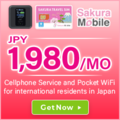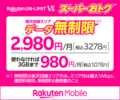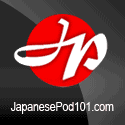Halal TransportationIt is also worth noting that, while Muslims are the main halal consumers, interest is now growing apace among non-Muslims.
Malaysia, a center for halal products and services, offers a range of opportunities across food & beverage, logistics, fashion, tourism and financial services. Notably, it is one of the world’s leaders in Islamic finance, for example. The country has established halal certification standards to rigidly control raw materials and production processes but the distribution process from factory to store long relied solely on voluntary controls, with no applicable certification standards in place. The Malaysian government is keen to establish the country as a global halal hub. With this in mind, it has established a set of food standards that are generally accepted by most Muslim countries. In addition, MS2400-1 "Transport" and MS2400-2 "Warehousing" logistics certification standards were created by the Department of Islamic Development Malaysia "JAKIM" in July 2013. Nippon Express Malaysia Sdn. Bdn., a local subsidiary of Nippon Express Co., Ltd. Japan, has on December 2014, become the first Japanese logistics company to acquire halal logistics certification, following approval of its application to the "JAKIM". The company predicts demand for deliveries of halal food and pharmaceuticals will expand. It hopes its halal-compliant service will be used both in the domestic market and for exports of halal products. Muslim consumer spending on food and lifestyle has reached $1.8 trillion in 2014 and is projected to reach $2.6 trillion in 2020.
0 Comments
Leave a Reply. |
Halal In Japan
|
|
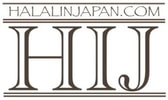
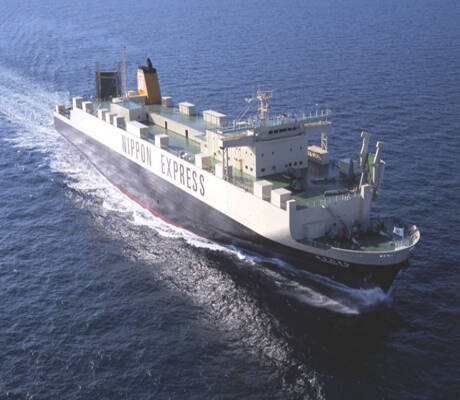

 RSS Feed
RSS Feed
